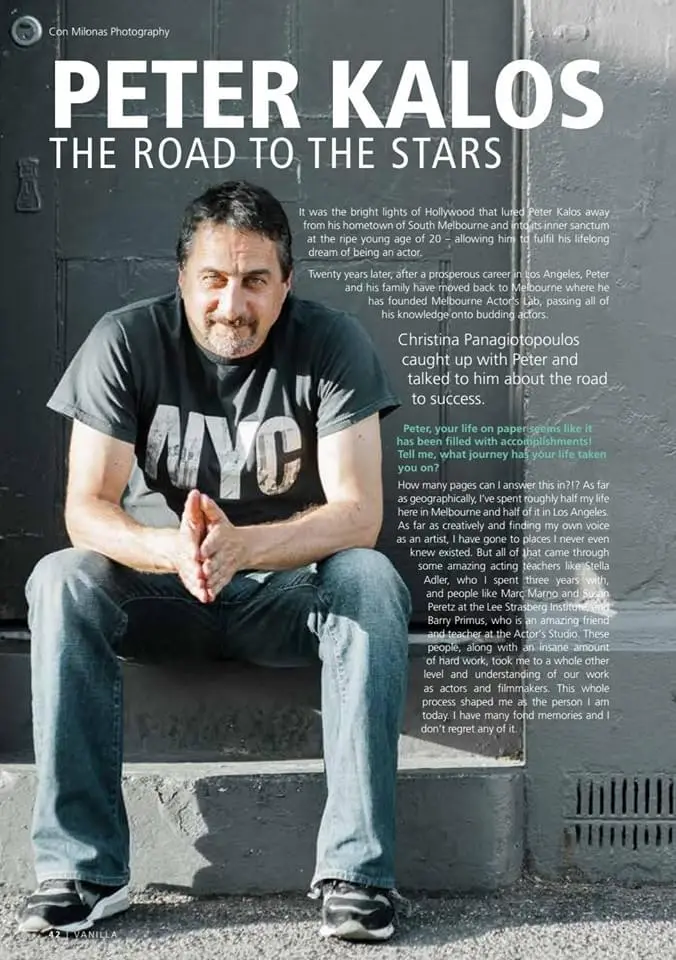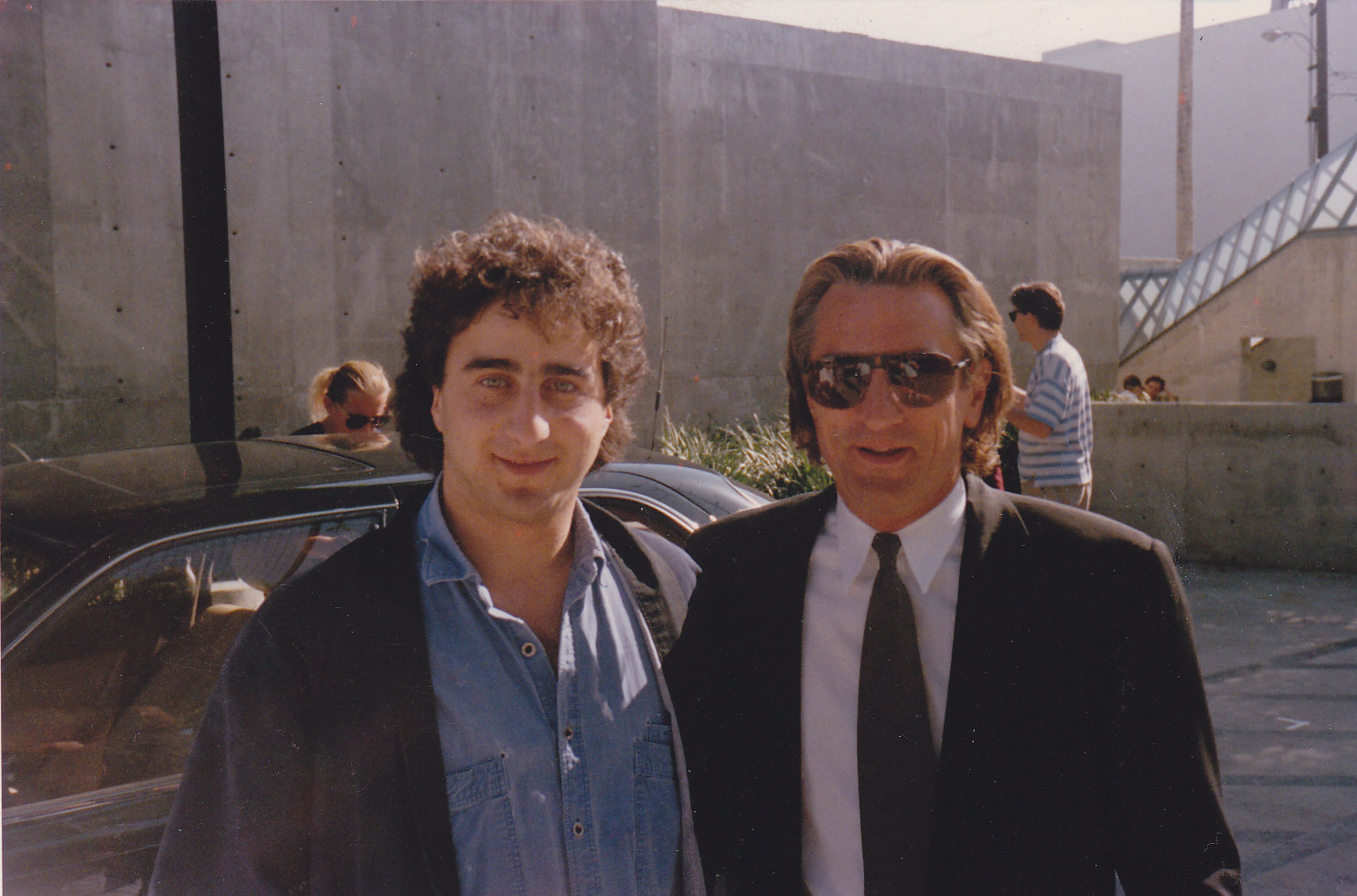About Us
Unleash your inner artist at the Melbourne Actors Lab. Elevate your craft, reveal the truth, and join a legacy of passionate actors.

Our Philosophy
The Lab
Peter also branched out into screenwriting. He has worked as a script doctor for many years in Hollywood, working with producers such as Jason Shuman (Role Models, Darkness Falls), Joe Wolf (Halloween, Nightmare on Elm St), and Stratton Leopold (Mission Impossible, Star Trek). He has also taken classes in Stand-up Comedy with Judy Carter and performed at the LA Cabaret and the Improv in Hollywood.

History
If one listens to either its critics or supporters Method Acting is described as a form of acting where the actor mystically ‘becomes’ the character or tries to somehow literally live the character in life. Like all clichés, both explanations are false. When Lee Strasberg defined what is popularly known as Method Acting he used a simple declarative sentence: “Method acting is what all actors have always done whenever they acted well.”
Now to the casual observer, that may sound as though he were implying that only actors who studied and used Strasberg’s particular method of work were good actors; but such an interpretation is contrary to Strasberg’s intent. He meant that what is called “Method Acting” is nothing new, but rather as old as Western Civilization itself. In fact, the Greeks were the first to identify and practice this kind of acting (despite it being credited to Constantin Stanislavsky).
For centuries, cultures used different words and phrases to describe this kind of “good” acting: Romantic Acting, Emotional Acting, Divine Inspiration, The Muses, Feeling the Role. These terms merely described an organic process of creativity that talented actors used, oftentimes unconsciously, to accomplish what audiences experienced as a moving performance; And this ‘moving’ was in fact the (re)experiencing of life by the actor within the fiction of the story as if it were true and happening now. Aristotle said that the secret to moving the passions in others is to be moved oneself and that moving oneself is made possible by bringing to the fore “visions” of experiences from life that are no longer present. In essence, Aristotle was stating the core principle of The Method—the creative play of the affective memory in the actor’s imagination as the foundation for (re)experiencing on stage.
This idea was first called the ‘System’ by Konstantin Stanislavsky, and later, as further developed by Lee Strasberg (at the Group Theatre, the Actors Studio and then at the Institute), ‘The Method’. The Method trains actors to use their imagination, senses and emotions to conceive of characters with unique and original behaviour, creating performances grounded in the human truth of the moment.
Lee Strasberg was a frequent contributor to publications, including books, magazines, newspapers and reference works. Lee Strasberg was the only acting teacher ever invited to write about acting, directing and production for the Encyclopedia Britannica. His own book, published by Little Brown, and titled A Dream of Passion, has been printed in nine languages and is available in hard copy as well as paperback editions, as is his Strasberg at the Actor's Studio.